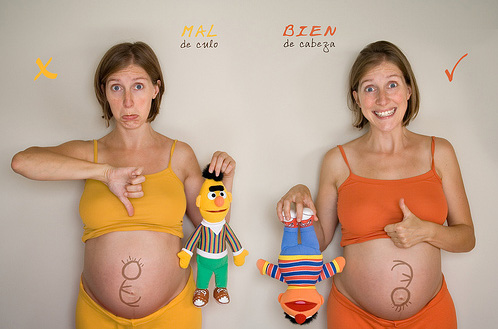In an article published in Hypatia almost two decades ago, Charlene Haddock Seigfried, asked, “Where are all the Pragmatist Feminists?” Seigfried found it curious that feminists had not integrated the intellectual tradition of the United States into their thinking as well as why American pragmatists had failed to engage feminism in a more meaningful manner despite the obvious points of contact between the two branches of thought. Her question remains valid today.
Feminist pragmatist scholarship remains a marginalized, albeit robust, area of study. What has occurred in the intervening two decades is the important feminist work of recovery. In particular, through the publication of a number of books and articles, the writing of Jane Addams has been rediscovered as a classical American site of pragmatist philosophy. Although engaging Addams has been intellectually fruitful, if feminist and pragmatism is to be a viable intellectual endeavor, its connection to contemporary thought, policy, and action will have to more explicitly emerge. One way to frame the relationship between feminism and pragmatism is in their common commitments such as the importance of context and experience, the relationship of politics and values and the production of knowledge and metaphysics, and the need for diversity and thus dialogue among differently situated groups. Contemporary Feminist Pragmatism offers the next step in this intellectual journey as site for engaging the intersection of these two dynamic fields of thought.
Contemporary Feminist Pragmatism is an interdisciplinary collection of original chapters that explores the present implications of feminism and pragmatism for theory, policy, and action. Chapters in this volume can take a variety of forms including the drawing of contemporary inference from the work of classical American feminist pragmatist thinkers such as Addams, Charlotte Perkins Gilman, Emily Greene Balch, Mary Whiton Calkins, Mary Parker Follett, and Ida B. Wells. Other chapters may simply wish to work with the ideas of feminist pragmatism and apply them to current work being done in ethics, epistemology, metaphysics, or social philosophy. Case studies or policy analysis may also frame chapters for this volume. Because the anthology is intended for an interdisciplinary audience, we ask that authors address their contributions to an intellectual but not specialized audience. Topics may include (but are not limited to): Ethical theory; Epistemology; Social & Political Philosophy; Intersectionality; Utopian Thinking; Philosophy of religion; Social policy; Education theory/practice; The multicultural subject; Transnational feminism; Cosmopolitanism; Globalization; Feminist theory; Business Ethics; Sexualities Studies; Philosophy of science; Community organizing; Peace Studies.
The editors of Contemporary Feminist Pragmatism are Maurice Hamington, Associate Professor of Women’s Studies and Philosophy and Director of the Institute for Women’s Studies and Services at Metropolitan State College of Denver, and Celia Bardwell-Jones, Assistant Professor of Philosophy and Women’s Studies, Towson University.
Submissions from all fields are invited. For inquiries please contact Celia Bardwell-Jones at cbardwelljones@towson.edu or Maurice Hamington at mhamingt@mscd.edu . The editors request that 300-word abstracts be sent electronically by October 1, 2009 to Maurice Hamington at mhamingt@mscd.edu Abstracts will be evaluated for and comments/suggestions will be offered to those accepted for the volume. Completed chapters will be due by July 1, 2010.


